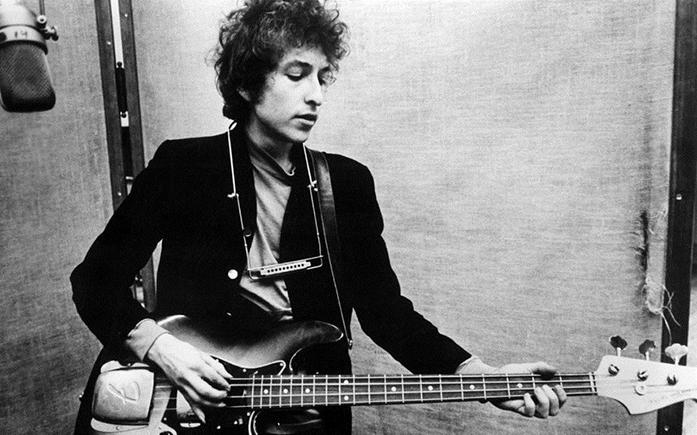Last week, Bob Dylan was awarded the Nobel Prize in literature. It was as well-deserved as any other Nobel Prize that has been issued in recent memory; if not more so.
Dylan became the first American to win the award since Toni Morrison in 1993.
A Vox article added that because the list of nominees for the Nobel awards are kept secret — until 50 years after the award is given — the best way to determine the short list for the award is by looking at the betting books.
Dylan is consistently found on the betting books, albeit with very slim odds. This year, his odds were set at 50/1.
In its brief reasoning provided for the winner each year, the Nobel Prize committee explains Dylan won “for having created new poetic expressions within the great American song tradition.”
Unlike many prominent writers before him, Dylan did not provide a voice for the voiceless. Quite the contrary. Dylan’s lyrics provided a source of unification in a country and a world that were gripped by turmoil and that were filled with so many voices that it was impossible to cut through the clutter and identify the real purpose of the human condition.
Consider one of Dylan’s most famous songs: “The Times They Are A-Changin’.”
“Come gather around people/Wherever you roam/And admit that the waters/Around you have grown/And accept it that soon/You’ll be drenched to the bone/If your time to you is worth saving/Then you better start swimming or you’ll sink like a stone/For the times they are a-changing.”
This is but one verse of Dylan’s. The lyrics are plain and approachable yet so filled with meaning that the confines of this page limit the complete unpacking of even this one simple verse.
Dylan’s genius, though, is not limited to melody and catchy tunes. Interwoven in the simple rhyming scheme of this one verse is immense meaning. The allusion to the biblical flood waters of racism and the Civil Rights Movement overtaking the country are as poignant today as they were the day they were written. Furthermore, the last line that discusses swimming aligns beautifully with all of history.
The last line is Dylan’s plea to the unreasonable to understand that they will one day be on the wrong side of history. That the status quo they were working so hard to defend will be written in history as a national embarrassment. That if they continue to swim against the current of progress, they will be overcome.
But there’s more. The prize for literature is awarded not only for a crafter of meaningful words but for a master of a given language, for a deeper understanding of the power of those statements and words.
Dylan’s obvious knowledge of rhymes is impressive. But his further use of rhythm, parallelism, allusion, and polysyndeton work together to make the intricacies of the language approachable and serve to highlight the beauty of the English language — just as a Nobel Prize winner in literature ought to.
Often, literary analysis is seen as a somewhat pretentious endeavor; that it is presumptuous of the public to identify what the writer was intending. But Dylan breaks down this wall. He took complex ideas that plagued society — and continue to plague society — and made them relatable to the everyman.



